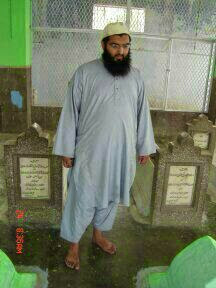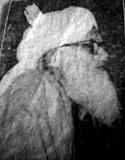
My name is Shazad Khan and I’m passionate about learning and teaching. I founded U-Knowit to provide myself with an online platform to reach people that I couldn’t have reached otherwise. I’ve been teaching a range of subjects for nearly two decades now which include, Critical Thinking, English for Academic Purposes, Interactive Learning & Communication Skills, Arabic and Islamic Studies. I’ve also been blogging at micropaedia.org since 2010. U-Knowit is basically an accumulation of my struggles, passions, reading, learning and meanderings; all systematically organised into modules for intellectual consumption.
But enough about me… I have a question for you – what type of person are you?
Are you passionate about empowering yourself?
Do you want to learn new skills and knowledge?
Do you struggle with the ability to write academically?
Do you struggle with being a Muslim in a Western context?
Do you find yourself in a pickle over pronouns and prepositions?








